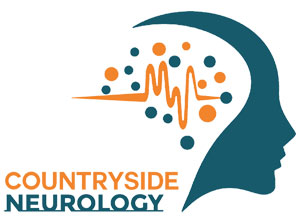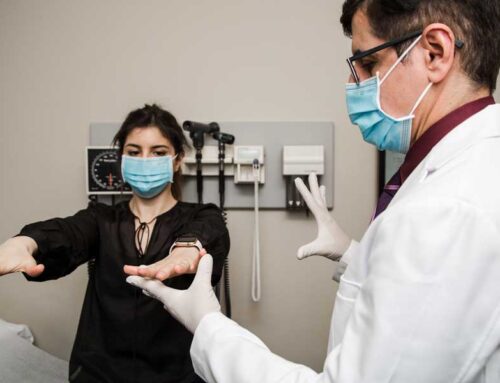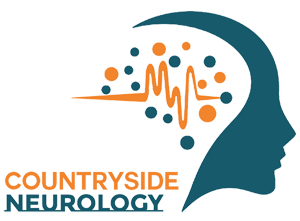Gratitude and Brain Function
Practicing gratitude has profound effects on your mental and neurological health. Research shows that focusing on what you’re thankful for increases activity in the prefrontal cortex, the area of the brain associated with decision-making and emotional regulation. Regular gratitude practices can improve overall brain health by reducing cortisol levels and boosting serotonin and dopamine—the “feel-good” chemicals.
How Gratitude Helps Neurological Conditions
Patients with chronic neurological conditions, such as migraines, epilepsy, or neuropathy, often find that gratitude practices help them manage their symptoms. The emotional benefits of gratitude can reduce stress and improve pain tolerance, making it a simple but powerful tool for holistic health.
Practical Ways to Practice Gratitude
- Journaling: Write down three things you’re grateful for each day. This practice trains your brain to focus on the positive.
- Expressing Thanks: Whether it’s a handwritten note or a heartfelt “thank you,” expressing gratitude strengthens relationships and boosts emotional well-being.
- Mindfulness Exercises: Take a moment to reflect on the good things in your life, even during challenging times.
At Countryside Neurology, We Care for Your Brain Health
As your trusted neurological care provider, we encourage our patients to incorporate gratitude into their daily routines as part of a comprehensive approach to brain health. Whether it’s through advanced treatments like TMS therapy or simple lifestyle changes, we’re here to guide you.
Contact Us Today
Call us at 727-712-1567 to schedule your consultation or visit us at 2595 Tampa Rd Suite V&W, Palm Harbor, FL 34684. Together, we can prioritize your brain health.





